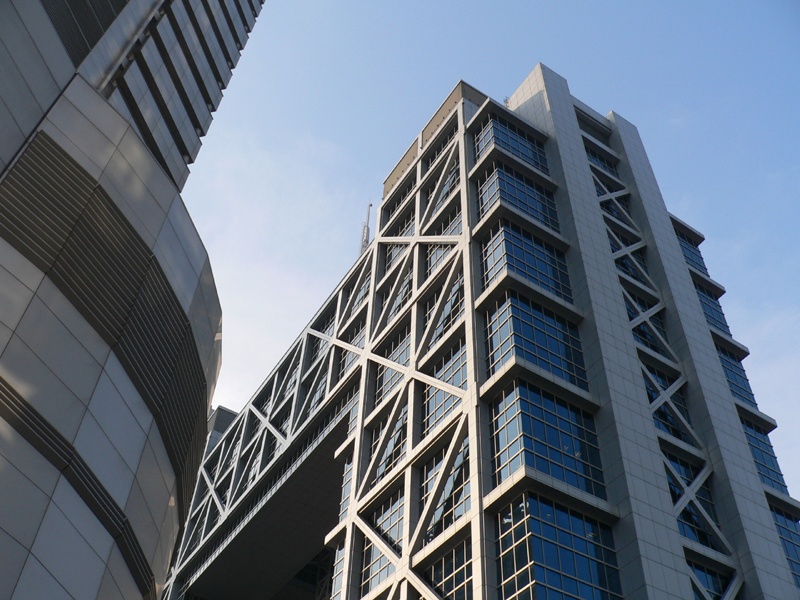A few days ago everyone talked about China's stock market collapse. "Xi Jinping has run into the one thing in China he can't control", wrote news website Quartz, implying that the all-powerful Communist Party finally had to acknowledge that it couldn't rein in the "free market". No sooner had the Chinese government stepped in to save the stock market than Western media dismissed Beijing's policies, predicting they would not work. "China markets plunge as government measures fail", wrote Yahoo News. These are only two examples of what the South China Morning Post called "Western media's callous delight at China's stock market crash". According to The Telegraph, China's stock market crash would cause a "more worrying financial crisis" than the one happening in Greece.
But, as has often been the case over the past four decades, the West's neoliberal-minded analysts have failed to understand the strength of China's economic system. Due to their own bias, they are constantly intent on proving why the "free market" is always more efficient than the regulated market. "[T]he Communist Party," preaches The Economist, "powerful though it may be, cannot indefinitely bend markets to its will. Chinese leaders should heed that lesson and get on with the challenges of liberalising their economy. A relapse towards statism will not just set China back. It also will not work."
Despite many neoliberals' desire to see China collapse so that their theories may be proved right, Beijing's measures have had the desired effect: they averted an economic crisis on a larger scale. Western media's criticism of the government's intervention was premature.
Analysts have been announcing the collapse of China for years now. Rather than being based on cold facts, such prophesies are entirely ideological. Those who dislike the Chinese Communist Party or believe in the superiority of neoliberal capitalism and Western democracy simply refuse to acknowledge that a one-party state with a regulated market economy can be so successful. This success upsets and confuses their entire 'Weltanschauung'. But instead of rethinking their economic models, they switch to the systematic denial of alternative development strategies. Similarly, the experiences of Japan, South Korea, Taiwan, Singapore and of the Western world itself prior to the 1970s, have been ignored or censored.
 |
| Shanghai Stock Exchange (source:"Shanghaistockexchange" by Heurik via Wikimedia Commons) |
Of course, this doesn't mean one should ignore the weaknesses and problems of the Chinese economy. No system is perfect, and whoever promises to build a 'new Jerusalem' is doomed to fail. But it is bizarre how neoliberal-minded analysts are so keen on emphasizing everything that is wrong with regulated, state-led economies, while playing down the flaws of neoliberal economics, as if neoliberal policies had not caused stagnating or falling median incomes, deindustrialisation, growing inequality, underemployment, low growth and disastrous economic crises.
Comments
Post a Comment